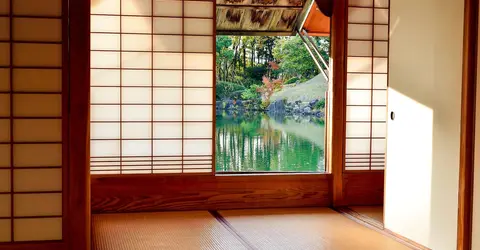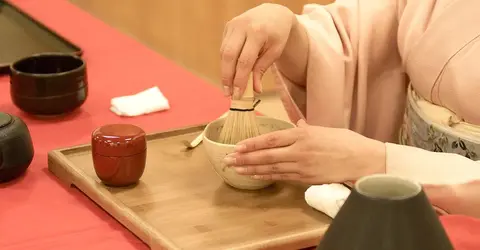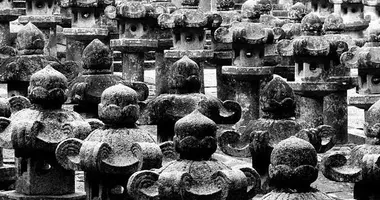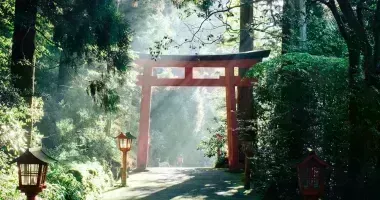The Wa 和
The Wa or the importance of living in harmony
The Wa is undoubtedly the term that best characterizes the Japanese art of living. Advocating social harmony and humility, the Wa irrigates Japanese society as a whole.
Harmony or peace. This is how the term Wa "和", dear to Japanese society and which has been irrigating for hundreds of years, could be translated. According to the Nihon Shoki, it was in the year 604, during the writing of the first constitution of Japan called Jushichijo Kenpo (Constitution in 17 articles) that the term was definitively anchored.
The notion of Wa is inscribed there as the most precious good in that it appears in the first constitutional principle.
“ The Wa, an eminently respectable value, is based on a principle, which is to avoid all discord. ”
The Wa Irrigates Japanese Society
The principle of harmony, therefore, becomes an element of the traditional and spiritual culture of Japan, since it has, over the years, extended to all areas of life, from behavior in society or at work, to the arts such as design or architecture.

The architecture of the traditional houses is a reflection of the wa
shell_ghostcage
However, here, it is not a question of concepts such as ikigai or wabi-sabi but rather of a value dear to the Japanese and which very often dictates their behavior, whether societal or personal. A value that opposes duality and which constantly pushes the followers of the Wa to avoid discord, very often by holding themselves to a determining role. Each thing, each word, each gesture, has to be in the place it should occupy.
To read: The ikigai, or secret of Japanese happiness
The Perfect Example Of The Tea Ceremony

Tea is whipped during the ceremony
Wikimedia Commons
A philosophy that is particularly well illustrated in the tea ceremony. During this ceremony, every detail, every gesture is considered, dictated by pre-established conduct, aiming to establish a moment of rare harmony. It is the same in the choice of utensils or dishes served. Everything agrees, everyone plays their role, just like the tea master and his guests whose behavior is dictated by very specific codes, each aiming either to thank each other or to give rhythm to this ceremony.
Burry Up Your Beliefs?
But this Wa extends more broadly to Japanese society, where, for example, argument and disagreement are rare. In any case in public or hierarchical relations. A characteristic certainly soothing but which is not without consequence since all the feelings which could be seen as negative are not expressed, which can create misunderstandings or remove a part of sincerity in the relations.
Better to use the Wa sparingly. Aim for harmony and calm, without burying your feelings or values, under the pretext of not breaking the balance of things.













